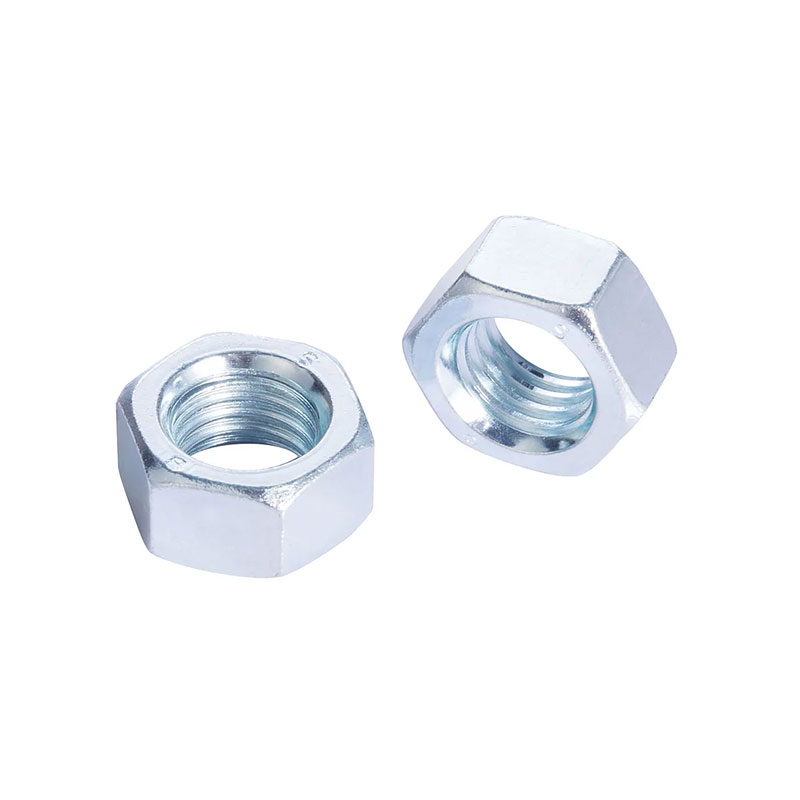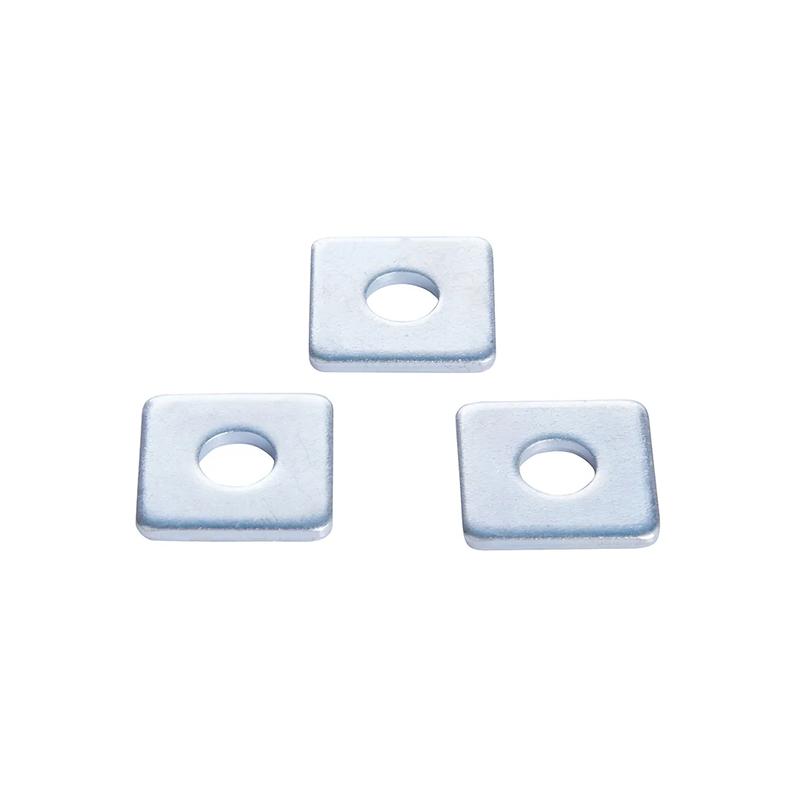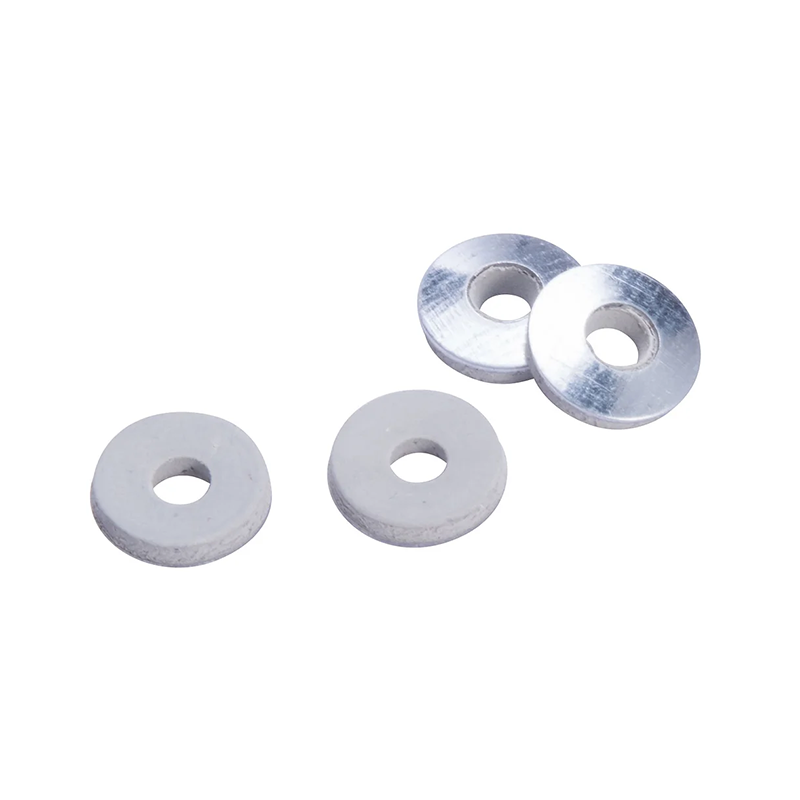What Is a Tooth Lock Washer? Types, Uses, and Benefits Explained
 2025.06.30
2025.06.30
 Industry news
Industry news
A tooth lock washer is a small but powerful component used in fastening systems to prevent loosening due to vibration, torque, or movement. It plays a critical role in maintaining the integrity of mechanical assemblies in high-stress environments.
What Is a Tooth Lock Washer?
A tooth lock washer is a type of lock washer that features serrated teeth on either the inside or outside diameter—or both. These teeth bite into the mating surfaces of the fastener and the base material, creating resistance that helps prevent the loosening of nuts, bolts, or screws.
Unlike flat washers, which simply distribute the load of a threaded fastener, tooth lock washers provide an active locking mechanism. This is especially important in environments with significant vibration or movement, such as automotive engines, aircraft systems, or heavy machinery.
Tooth lock washers are usually made from hardened carbon steel, stainless steel, or zinc-plated steel, offering durability and corrosion resistance based on the application needs.
Types of Tooth Lock Washers
Choosing the correct type of tooth lock washer is essential for optimal performance. There are three main types, each with unique features and use cases:
1. Internal Tooth Lock Washer
Design: The teeth are located on the inner circumference of the washer.
Function: Bites into the screw or bolt head and the mounting surface, increasing friction.
Best For: Applications where the washer’s outer edge must remain smooth or where space is limited.
Typical Uses: Electronics, electrical panels, and flat surfaces where aesthetics matter.
2. External Tooth Lock Washer
Design: Teeth are located on the outer circumference of the washer.
Function: Provides a wider locking surface, offering more aggressive grip on the mating material.
Best For: High-vibration environments and where more torque resistance is needed.
Typical Uses: Automotive assemblies, industrial machinery, structural bolting.
3. Internal-External Combination Tooth Washer
Design: Features both inner and outer teeth for maximum locking performance.
Function: Double biting action provides superior resistance against loosening.
Best For: Critical applications requiring high security and performance.
Typical Uses: Aerospace, defense equipment, high-load or rotating systems.
Common Uses of Tooth Lock Washers
Tooth lock washers are widely used across industries because they offer enhanced stability and fastening reliability. Here are some of the most common applications:
Automotive and Transportation
Tooth lock washers are used in engines, transmissions, and suspension systems to prevent nuts and bolts from vibrating loose under road conditions. Their resistance to mechanical stress makes them ideal for automotive assemblies and rail systems.
Aerospace and Defense
In aircraft, where reliability is critical and vibrations are constant, tooth lock washers are used to maintain secure fastener connections. Their lightweight but high-strength design makes them a favorite in both military and commercial aviation.
Electronics and Electrical Applications
Internal tooth washers are often used in electrical contact points and grounding to ensure consistent conductivity and connection. Their teeth create multiple contact points, improving electrical bonding and preventing arcing.
Machinery and Heavy Equipment
In industrial machines with rotating parts or continuous motion, external tooth washers help secure bolts and nuts against loosening over time. This is essential for safety and equipment longevity.
Home Improvement and DIY
Tooth lock washers are also found in home appliances, furniture, and construction tools to ensure screws and bolts stay tight during regular use.
Benefits of Using Tooth Lock Washers
Tooth lock washers offer a wide range of performance and safety benefits. Below are the most important reasons to use them:
1. Prevents Fastener Loosening
The biting action of the teeth increases friction between the fastener and the material, effectively locking the assembly in place. This is especially important in systems exposed to vibrations or movement.
2. Enhances Joint Stability
By providing a mechanical grip, tooth lock washers help maintain tension in bolted joints, reducing the chance of fatigue failure and ensuring long-term stability of the connection.
3. Cost-Effective Solution
Tooth lock washers are inexpensive yet highly effective. They offer a low-cost method of improving fastening reliability without needing complex locking systems.
4. Easy to Install
No special tools are required. Tooth lock washers can be easily added to most fastener assemblies using standard wrenches or screwdrivers.
5. Versatile in Material and Design
Available in multiple materials (stainless steel, zinc, carbon steel) and designs (internal, external, combination), tooth lock washers are suitable for everything from consumer electronics to heavy-duty industrial machinery.
6. Improves Safety and Reduces Maintenance
Secure fastening means fewer failures, reducing the need for re-tightening and minimizing maintenance downtime. This improves both safety and productivity.



 English
English русский
русский











 Products
Products Tel: 86-574-62101087
Tel: 86-574-62101087 E-mail:
E-mail:  Add: Xiaocao 'e Binhai Industrial Park, Yuyao, Zhejiang, China
Add: Xiaocao 'e Binhai Industrial Park, Yuyao, Zhejiang, China